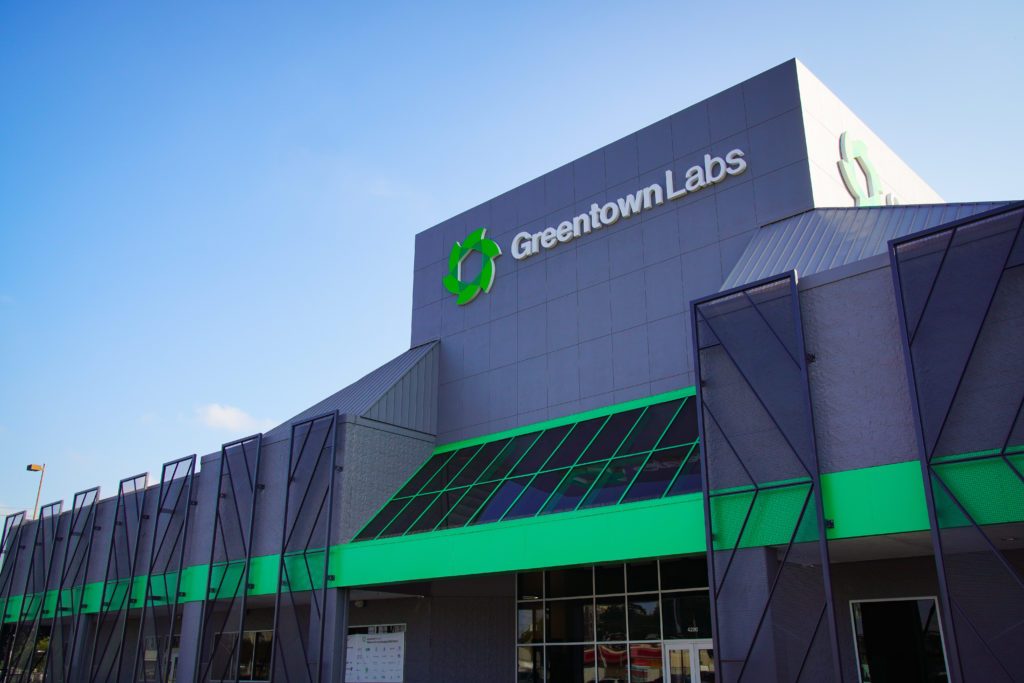Greentown Labs Launches Cross-Collaboration with Startups, Universities to Jumpstart Innovations
Published Oct 31, 2022 by Brina Morales
Greentown Labs continues to show its support for fostering energy innovation in Houston as the city aims to lead the world’s energy transition. The climatetech startup incubator has launched the Texas Entrepreneurship Exchange for Energy (TEX-E) to support students in developing next-generation innovations.
The collaborative initiative includes MIT’s Martin Trust Center for Entrepreneurship, a research and teaching center that provides expertise, support and connections to MIT students, and five Texas universities, including Rice University, the University of Houston, Texas A&M University, Prairie View A&M University and the University of Texas.
“Houston has long been known as the energy capital of the world, but to lead the world’s energy transition, the city must create a strong, vibrant innovation ecosystem to support the next generation of entrepreneurs and energy companies,” said Lara Cottingham, Chief of Staff at Greentown Labs, in a press release.
Students participating in the program will have access to mentorship with Greentown Labs’ entrepreneurs, networking events, career opportunities and cross-learning with MIT. The initiative will help continue to pave the way for Houston to solidify its role as the leader of the global energy transition.
“The TEX-E collaboration will provide valuable opportunities to our students, and Houston is a natural location to create such an ecosystem,” said Ramanan Krishnamoorti, vice president for energy and innovation at the University of Houston, in a press release. “Training new talent and supporting their pursuit of innovative ideas are vital in addressing the growing global need for affordable, reliable, and environmentally sustainable energy.”
Greentown Houston experienced a successful first year, attracting more than 60 startups, including several that relocated from outside the U.S., proof that Houston is where Energy 2.0 companies want to be. From 2017 to 2021, venture capital funding in Houston’s energy space totaled more than $327 million. More than 4,700 energy-related firms are located within the Houston metro.
“Boston and Houston might seem like an odd pairing, but they complement one another beautifully,” said Ben Soltoff, Ecosystem Builder and Entrepreneur in Residence at the Martin Trust Center for MIT Entrepreneurship. Despite Boston’s strong climate innovation ecosystem, startups looking to scale up “look towards Texas, where they can find talent, space, and industry knowhow in spades. Together, these two regions are unstoppable,” Soltoff said.
TEX-E is also in line with the Partnership’s Houston Energy Transition Initiative, which aims to position Houston to lead the global energy transition to a more efficient and sustainable, low-carbon future, by deploying key strategies, including jumpstarting emerging technologies.
 The Houston Report
The Houston Report



















